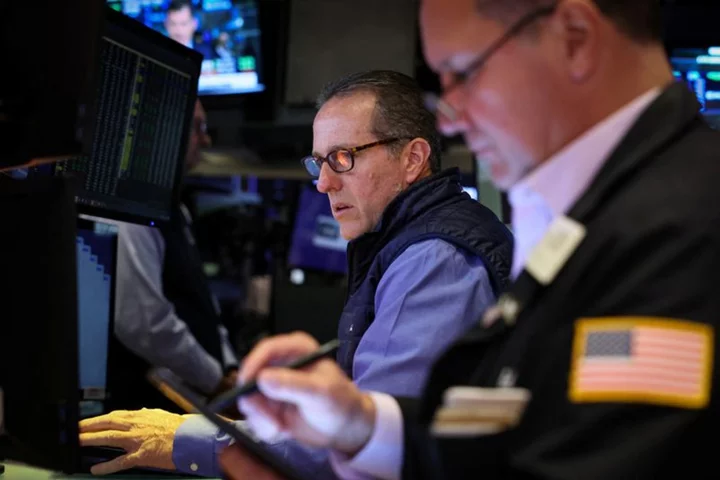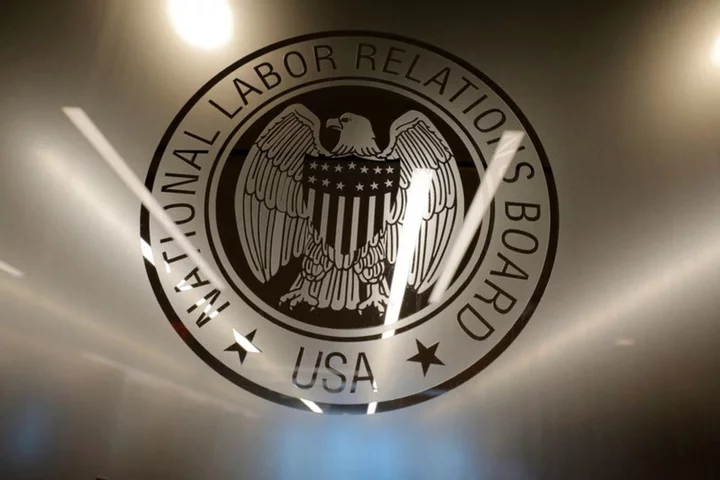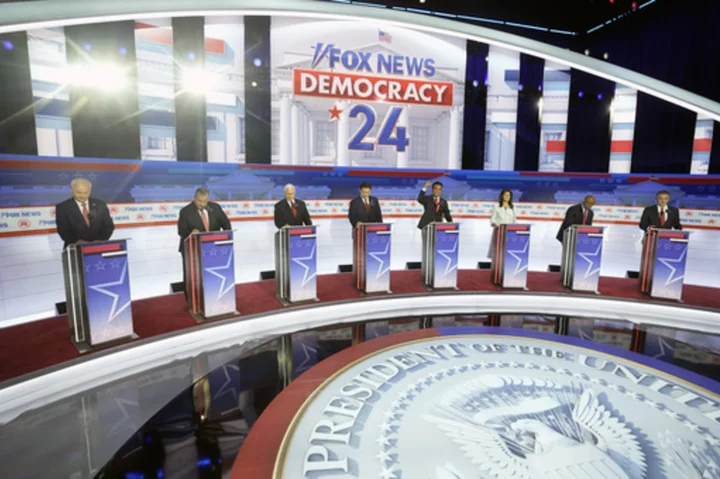By Sinéad Carew and Shristi Achar A
The S&P 500 and the Dow fell while the Nasdaq clung to a tiny gain in choppy trade on Tuesday, pressured by rising Treasury yields and oil prices as investors assessed prospects for the Federal Reserve's interest rate path.
While all three main U.S. stock indexes had logged gains in the previous week on hopes for a less hawkish Fed, that sentiment had been tempered by Monday.
U.S. Treasury yields rose after economic data showed resilience and Fed Governor Christopher Waller said it suggests that the central bank need not change rates any time soon.
"Part of the reason stocks are struggling to make headway is that interest rates are continuing to rise and provide a good alternative to stocks," said Paul Nolte, market strategist, Murphy & Sylvest Wealth Management, Elmhurst, Illinois.
With U.S. crude oil prices up more than 1% on Tuesday, Nolte also cited recent strength in oil prices as a damper to the Fed's efforts to push inflation back to 2%.
"Everybody has been expecting the Fed to step aside or start cutting rates. That might not be the case," he said.
Traders' bets that the Fed will leave rates unchanged at its next policy meeting stood at 93%, while pricing in just a 50.6% chance of a pause in November, the CME Group's FedWatch tool showed.
The Dow Jones Industrial Average fell 125.63 points, or 0.36%, to 34,712.08, the S&P 500 lost 13 points, or 0.29%, at 4,502.77 and the Nasdaq Composite added 4.25 points, or 0.03%, at 14,036.07.
The energy sector was a bright spot, up 0.9% at a seven-month high after Saudi Arabia and Russia announced a fresh extension to their voluntary supply cuts. [O/R]
The S&P 1500 airlines index fell more than 2%.
Utilities led declines among S&P 500 indexes, down 1.8%, while China-exposed materials sector fell 1.6%.
China's services activity expanded at its slowest pace in eight months in August, a private sector survey showed, hurting sentiment as traders returned from the Labor Day holiday.
Data on Tuesday showed orders for U.S. factory goods declined 2.1% in July, ending a four-month streak of gains.
Goldman Sachs lowered the chances of a U.S recession in the next 12 months to 15% from 20%.
Shares of Airbnb rose 8% while Blackstone added 4%, after an announcement that their stocks would join the S&P 500 index.
Oracle gained 2.4% after Barclays upgraded the software firm to "overweight" from "equal weight."
Declining issues outnumbered advancers on the NYSE by a 3.03-to-1 ratio; on Nasdaq, a 2.05-to-1 ratio favored decliners.
The S&P 500 posted 11 new 52-week highs and 24 new lows; the Nasdaq Composite recorded 45 new highs and 120 new lows.
(Reporting by Sinéad Carew in New York, Shristi Achar A and Amruta Khandekar in Bengaluru; Editing by Arun Koyyur, Shounak Dasgupta and Richard Chang)









